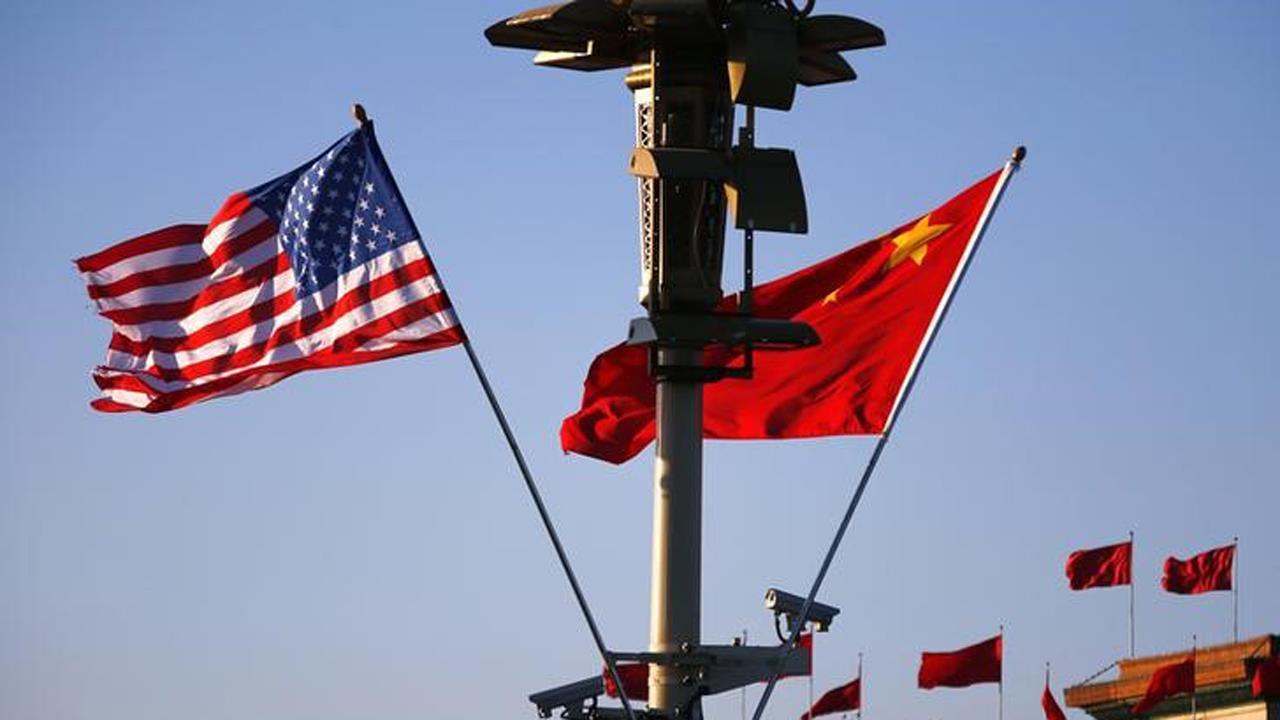Trump tariffs: Higher prices possible for these products
The U.S. and China implemented another round of tariffs on billions of dollars’ worth of one another’s goods on Monday, which has the potential to raise U.S. prices on some common consumer items.
The U.S. targeted $200 billion worth of items from China, at a rate of 10 percent. Beijing countered with tariffs on $60 billion worth of goods, at rates between 5 percent and 10 percent.
Among the U.S. items expected to be hardest hit, according to an analysis from the Trade News Centre, are printed circuit boards, desktop computers, computer parts and metal and wooden furniture. In 2017, the U.S. imported quantities of these items from China ranging from $3 billion (wooden furniture) to $11.6 billion (printed circuit boards), Business Insider reported.
Also expected to be impacted meaningfully are auto parts, including tires and brakes.
Vacuum cleaners, of which more than $1.8 billion worth were imported into the U.S. last year, as well as light bulbs, could also take a hit.
Walmart, one of the country’s largest retailers, wrote in a letter earlier this month to U.S. Trade Representative Robert Lighthizer that the new tariffs could result in higher consumer prices at its stores. The company said prices for items ranging from food to car seats to luggage to gas grills and Christmas lights, could increase in price by anywhere between 10 percent to 25 percent.
On the other hand, certain technology items will be spared from the tax, including smartwatches, smart objects and Bluetooth devices. That comes just weeks after tech giant Apple unveiled its new product line, which includes an updated smartwatch that has drummed up consumer interest. The iPhone, iPad, iPod and Apple TV are included among the products that will not be affected by the tax.
As the Trump administration escalated the ongoing trade conflict, government officials from Beijing on Monday accused the White House of engaging in “trade bullyism” to intimidate other countries into submission, as reported by Reuters.
In a speech at the New York Economic Club last week, National Economic Director Larry Kudlow suggested the president was using tariffs as a negotiating tactic, saying it was unclear how long the levies would remain in place.
The pair of powerhouse economies have already implemented tariffs on $50 billion worth of one another’s exports.




















